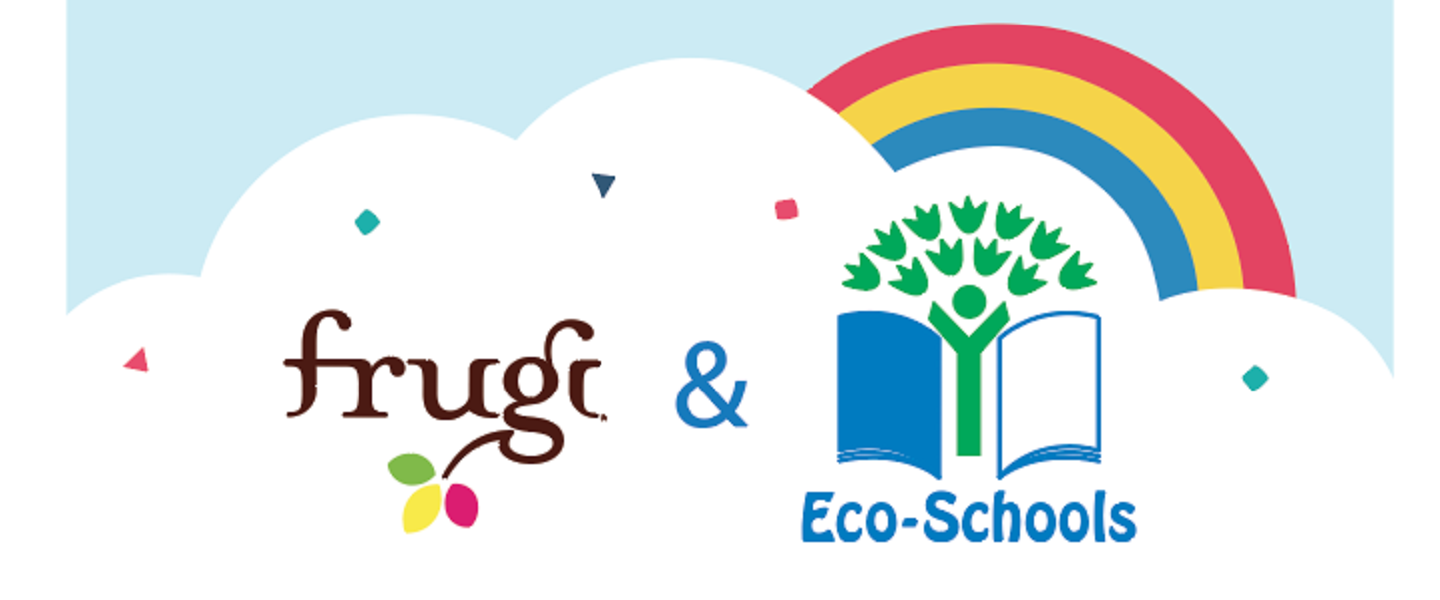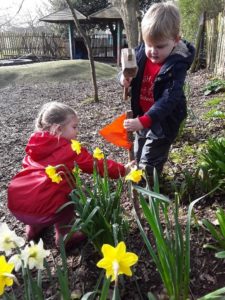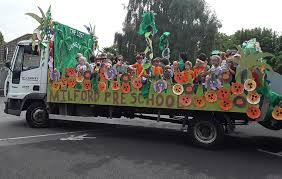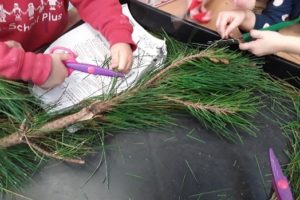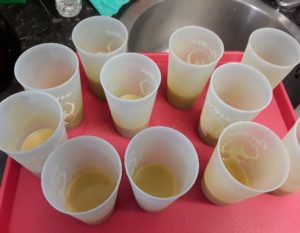First Frugi Funded Eco-Schools Green Flag
Congratulations to Milford Pre Plus School who are the first school in England to have their Eco-Schools Green Flag fee covered by Frugi.
Their Eco-Coordinator Sarah Rix has some handy hints and tips to help your school progress through the Seven Steps, especially useful for pre-school Eco-Committees.
- Start by asking your parents who can help and who would like to be involved, this is a great way to let people know you are now part of the Eco-Schools programme and you’ll be surprised at what help they can offer. Lots of parents are knowledgeable and can help manage a range of activities that you can do with the children as topic actions, such as beach cleans, gardening, recycled art and bird watching. With parents we have also run maintenance sessions, where they have helped build bird houses, assembled water butts, and provided sustainable wood for our Forest School firepit. Due to COVID restrictions this help and support can even be virtual…you don’t know what help you may get if you don’t ask!
- Organize actions with as much notice as possible. We run allotment workshops for parents and Forest School events to make sure we are spreading our eco-knowledge, celebrating what the children are doing and sharing the workload.
- Use social media to showcase what you are doing. We enjoy following Eco-Schools, RHS School Gardening and the RSPB for fun ideas and inspiration. Through social media we have also been contacted by various people and groups wishing to arrange visits to our setting; such as when we were part of a local worm investigation survey.
- Use your Action Plan for Step 2, it’s so helpful to pinpoint areas that need developing, how this could be done and when. For instance we added a water butt to the mud kitchen to stop children using the hose pipe.
- Use the many free resources that are out there, such as those on your Eco-Schools login and on Twinkl.
- Our children are young, so we talk about the various topics and how we can use them, rather than hold formal Eco-Committee meetings. Children are never too young to come up with great topic ideas, our children suggested using recycled milk bottles to make Elmer models and making posters to turn off the lights when the sun is out.
- Visit other schools (when its safe to do so) who have been through the Eco-Schools process. We welcome other pre schools and nurseries to share what we have done. Here are some of our topic actions…
Celebrating our Daffodils and spotting signs of spring: to care for the flowers we added ‘hazard flags’ so the children did not step on them when playing.
Spread the eco-word: we took part in a local parade to show case the biodiversity work that the children were doing, this was our Endangered Animal float.
Seasonal actions: our children made natural Christmas decorations and at Halloween cooked pumpkin soup so there was no food waste after we had made lanterns.
